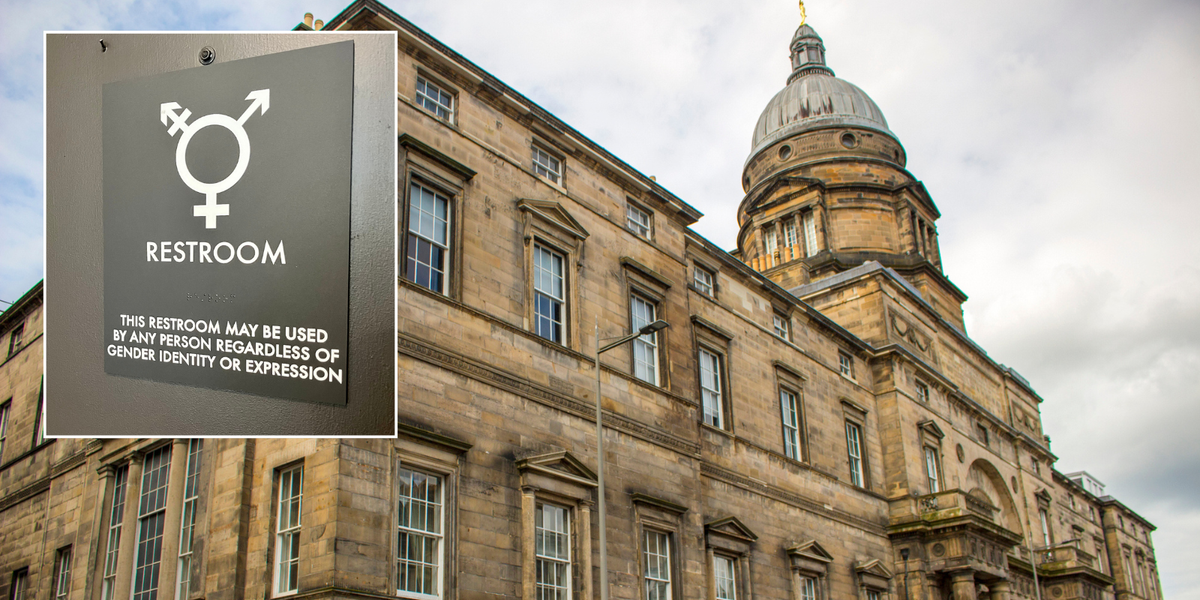Human activities have led to the decline of sphagnum in many peatlands, with damage to the Peak District Moors playing out ever since the dawn of the industrial revolution.
Dr Ritson continued: “We are basically downwind of Manchester, the heart of the industrial revolution.
“There was so much acid rain from all the coal being burnt that essentially the sphagnum and a lot of other vegetation just died off completely.”
He added that “wet, healthy” bogs are good for carbon sequestration – the process of chemically isolating carbon – but wet bogs also release a lot of methane.
The team’s project is aiming to use a variation of sphagnum mosses as a natural filter to trap the methane and stop it being released.
This will be done through lab testing and planting the moss out in the field.
By identifying and cultivating “super” strains of sphagnum moss, the team hope they can create a natural and sustainable way to capture the methane and gradually restore the landscape.






